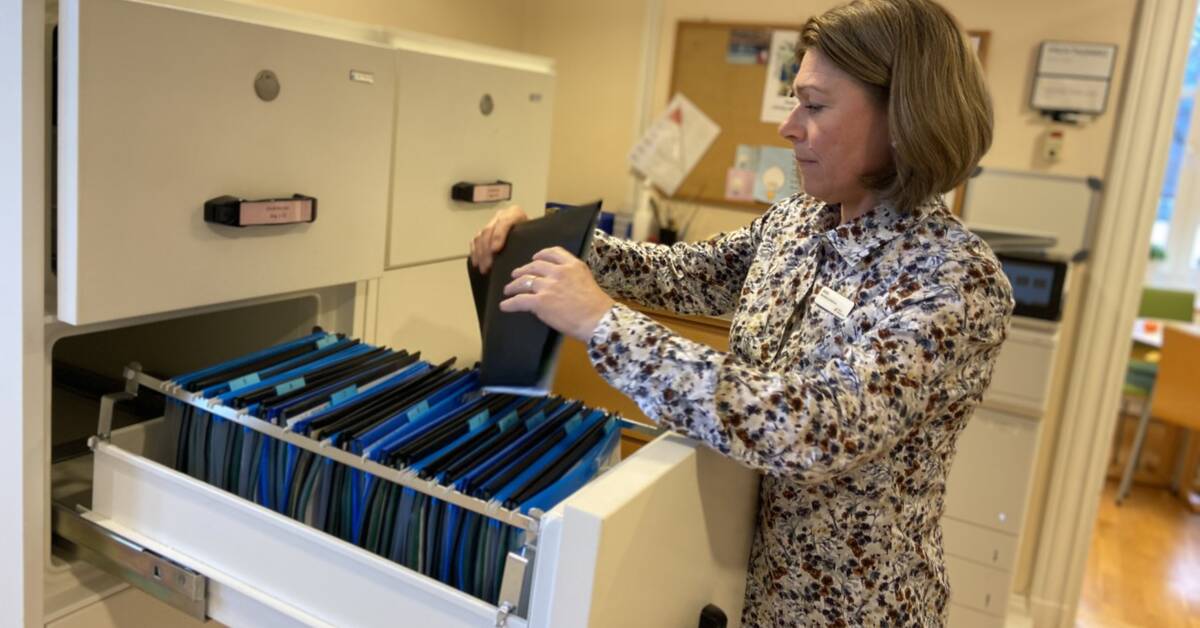In 2013, it was decided on an oncogenetic clinic at Ryhov county hospital in Jönköping, which would be run by nurses with the support of doctors.
Otherwise, there are only specialist clinics at university hospitals in the country where it takes longer to get an examination.
- At our clinic, it is easier to get close and we can do the basics, such as writing down the disease history in a family tree and taking blood samples that doctors analyze, says specialist nurse Jenny Pettersson.
Became more aware
She helped start up the reception and says that the number of annual referrals has increased sharply – from 40 in 2013 to 500 last year.
- Residents have become more aware of what opportunities are available and we work closely with medical clinics, which has increased awareness among them as well.
When a person has received a referral via a doctor or written a self-referral, a decision is made as to whether the person should be granted an investigation or not.
After that, a family tree is drawn to see patterns in relatives' diseases and a blood test is also taken to show whether there is an increased risk of cancer in the genes.
Javascript is disabled
Javascript must be enabled to play video
Read more about browser support
Gunilla Pettersson was told that she has a mutated gene that increases the risk of cancer.
Now she has anticipated a possible illness and had surgery.
Photo: Emma Johansson/SVT
More people want to follow suit
A fast track for breast cancer has also been started, where the blood sample is taken first and the other investigation comes later, in order to be able to quickly offer possible surgery.
- If there is an increased risk of breast cancer, the risk of disease is greatly reduced if you manage to remove the entire breast in time, says Jenny Pettersson.
Now staff in the department will share the experience with other regions that are interested in starting up similar receptions.

